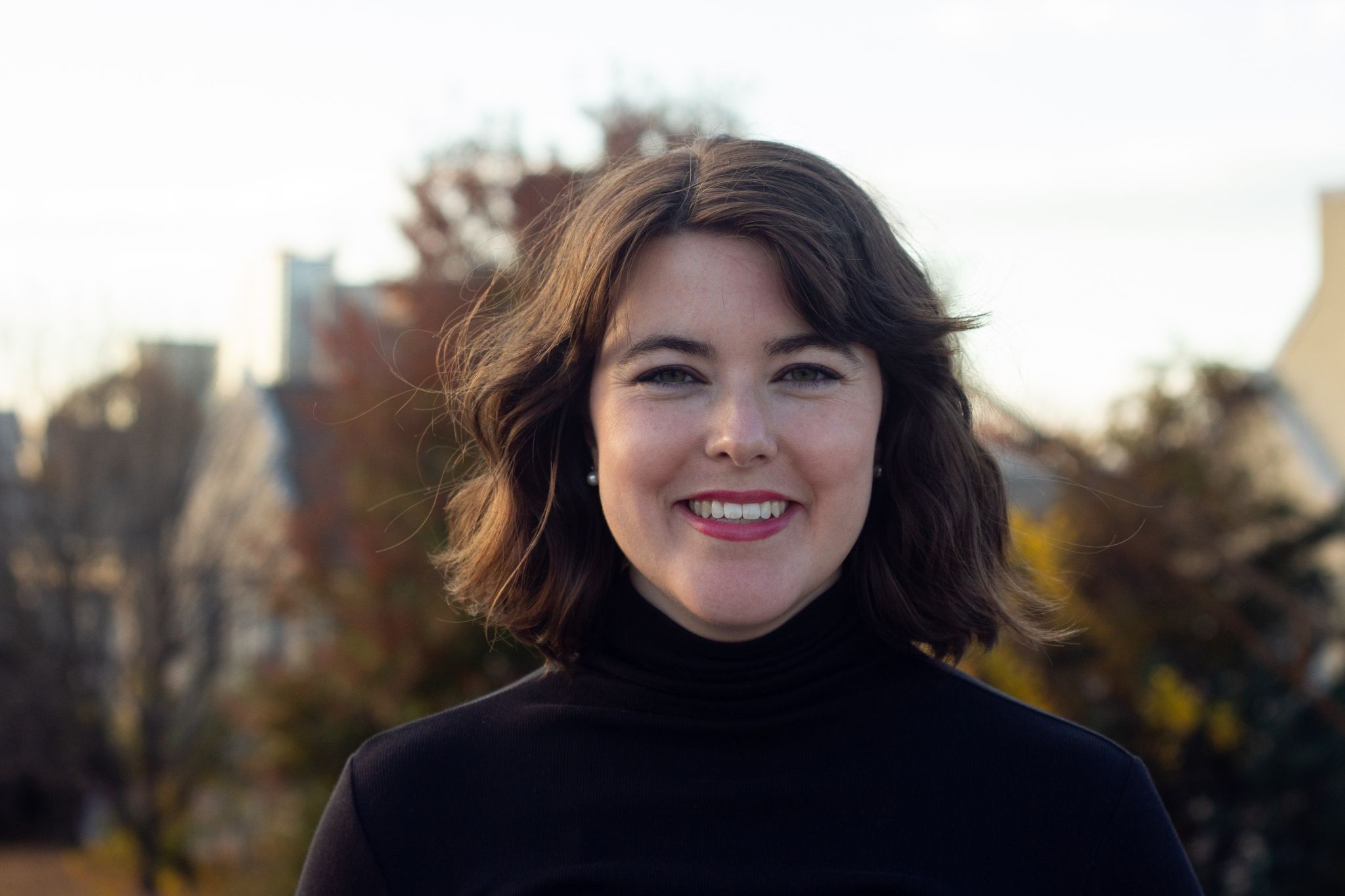Artificial Intelligence (AI) in Civil and Environmental Engineering (CEE) is a collaborative research effort involving Dr. Amekudzi-Kennedy, Dr. Jorge Macedo, and others to explore how AI is changing CEE education and practice. The project seeks to answer multiple questions related to advancing AI in CEE teaching and learning and advancing AI competency in CEE students and graduates to support industry needs. The study uses the following definition of AI competency: AI competency is defined as an individual’s confidence and ability to clearly explain how AI technologies work (technology) and impact society (impact), as well as use them in an ethical and responsible manner (ethics) and to effectively communicate and collaborate with them in a specific context (collaboration). They should have confidence and ability to self-reflect on their AI understanding for further learning (self-reflection). It focuses on how well individuals use AI in beneficial ways (Chiu et al. 2024).
The study questions include the following: (1) What is an AI mindset and how does it pertain to Civil and Environmental Engineering? (Pertains to computational, generative and agentic AI.) (2) What “AI skills” are considered essential for CEE students and graduates? (3) In what ways does AI boost/hinder student learning/cognitive abilities? (4) What is responsible AI usage and how can we guide students to use AI responsibly?
Reference: Chui, R. K. F., Ahmand, Z. and M. Coban (2024). Development and validation of teacher Artificial Intelligence (AI) competence self-efficacy (TAICS) scale. Education and Information Technologies, 30, 6667-6685. https://doi.org/10.1007/s10639-024-13094-z
Research Team
-

Jorge Macedo, PhD, P.E.’s research combines performance-based engineering and reliability tools with advance numerical modeling (e.g., FEM, FDM, MPM) to support the implementation of risk and hazard assessment in geo-hazards engineering, which can lead to a more sustainable design of geotechnical systems. Dr. Macedo teaches the required data analytics course for undergraduates – CEE 3090: Data Analytics for Civil & Environmental Engineers.
-

Adjo Amekudzi-Kennedy, PhD studies complex real world systems with a focus on the integrated built, natural and social environments. She creates decision support tools to improve infrastructure performance and enhance community quality of life for all.
-

Rachael Thompson Panik, AICP, PhD is a Post-Doctoral Research Fellow in the Transportation Systems Engineering Program in the School of Civil & Environmental Engineering. Her research focus is transportation safety.

Chenying Liu, PhD is a Postdoctoral Research Fellow in Civil and Environmental Engineering. His research focuses on machine learning, AI-driven, and physics-informed approaches for extreme events engineering and performance-based design, with applications in the design and condition assessment of critical infrastructure.

Yongjin Choi, Ph.D. is a postdoctoral fellow in the School of Civil & Environmental Engineering. His work focuses on developing efficient and accurate modeling frameworks for geotechnical systems that push beyond the boundaries of conventional numerical methods by integrating physics-based modeling with data-driven, AI approaches.

MacGyver Rawson is an undergraduate Environmental Engineering student with an anticipated minor in German. His career interests are in climate resiliency and catastrophic climate change risk management.

Noelle Watkins is an undergraduate Environmental Engineering student double majoring in Applied Languages and Intercultural Studies with a concentration in Korean.

Sonal Pandya is an undergraduate student in Industrial and Systems Engineering. She is drawn to problems that require both logic and nuance including cleaning messy datasets, interpreting regression diagnostics, or modeling systems. She has experience as a Teaching Assistant (TA) for the course CS 1301 (computer science for non-engineers).
